Ten Things To Consider When Choosing A Math Curriculum
 Tuesday, July 31, 2012 at 5:00AM
Tuesday, July 31, 2012 at 5:00AM  Math is not my strong suit.
Math is not my strong suit.
I was a teacher and have a masters degree in education, but I was woefully unprepared to teach math to my own children.
I remember my dad saying "How are you going to teach them math?". I was offended by his statement. But you know what, I should have done better research in the beginning - I WAS unprepared to teach my children in this area!
Over the summer I have THOROUGHLY researched many math curricula available to the homeschool market. We have also had experience with two different math programs in our homeschool.
I was spurred to this research because I don't feel my children had a complete understanding of the WHY behind math. They certainly could get correct answers and understood the HOW.
Just because your favorite homeschool blogger is using a math program and promoting it DOES NOT mean it will be the right fit for your children. In fact, I'm not even going to tell you what program we are using (you'll just have to stick around for Curriculum Week to find out!)
Just because you visited a snazzy { I love the word snazzy, by the way} booth at a homeschool convention and came home with a lot of freebies DOES NOT mean it will be the right fit for your children.
Do your research and choose wisely!
Here are my Top Ten Things to Consider when Choosing a Math Curriculum:
1. What is your educational philosophy?
This MATTERS. I always considered myself eclectic (and I still am on certain subjects), but I had to finally decide that the method I am most at home with is Classical. So, I read the best books on Classical education and researched their math suggestions. I also enjoy living books (Charlotte Mason) and unit studies. I read what Simply Charlotte Mason had to say about math.
2. Is the program a spiral approach or mastery based?
Do your research on what "spiral approach" and "mastery based" mean. This video will help:
3. How do your children best learn?
Do you have a child that responds well to computer based learning? Or, do you have a child that really enjoys drills and worksheets (I have a child like this!). Do you have a literature based child, that learns best through a story?
4. How much prep work are you (the teacher) able to accomplish for each lesson?
Do you need a math curriculum that is scripted - maybe even uses a teacher on DVD? Do you enjoy planning a detailed math lesson and teaching it to your child? Do not skimp on planning for math! If you don't thoroughly understand what you are teaching your child will sense that immediately.
5. Look years ahead and know the goals for your children!
Maybe you have a child that has a true inclination towards math and science. Will the math program you choose prepare them for upper level courses in high school? Or, is your goal just to give your child a basic understanding of real world math because you know their strengths lie elsewhere?
I found it very helpful to talk to a woman in our homeschool group that is a former high school counselor and now does the transcripting for our group. I also spoke with friends who had older children to find out where my children would need to be with math in just a few years.
6. Is the program full of pictures and "kid stuff" or is it just black and white?
I am coming to find that LESS IS MORE when it comes to math. The gimmicks and colorful pictures didn't work for my children, but again -- this is a personal decision. You know your child best.
7. What is the cost of the program?
Unfortunately, cost is a major factor sometimes. And, more expensive doesn't always mean BETTER. Are you able to find the program used or discounted? Are you willing to pay extra if it is a course on CD Rom? These are all things to consider.
8. What do math experts have to say about the curriculum?
This was a key part of my research. {And by math experts, I don't mean the people who work for the math company!!} I talked to a math tutor I knew and respected. I also solicited advice from our local homeschool group. My experience with this is minimal, so I went to people that had years and years of math experience. I was even fortunate enough to talk with a mom whose child is now an engineering major in college and found out what homeschool math she had used.
9. How much supplementing will you have to do?
Does the curriculum come with plenty of drill and practice, or will you be searching for practice sheets on the internet?
10. Pray.
I should have put this as #1, right?
We had a rough math year last year and I just talked to God and asked him to guide my decision in this area. I believe that He gave me the correct questions to ask and placed the perfect people in my path to help with research.
I'm looking forward to a much more smooth ride in math this year.
What about you?
*I'm happily linking today with Angie at Many Little Blessings for Top Ten Tuesday!
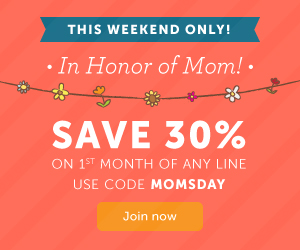









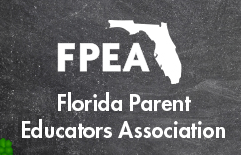
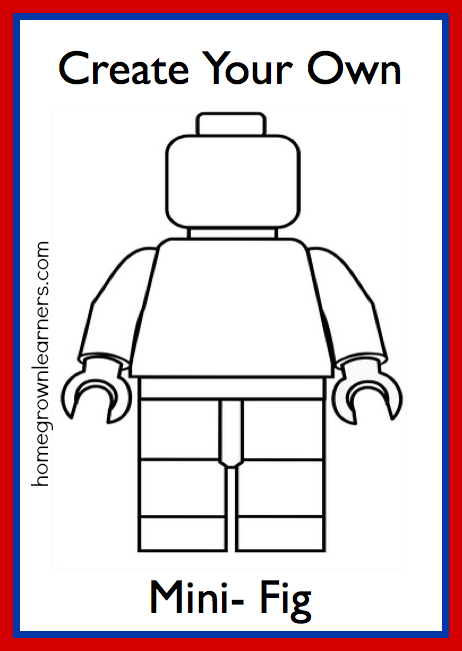
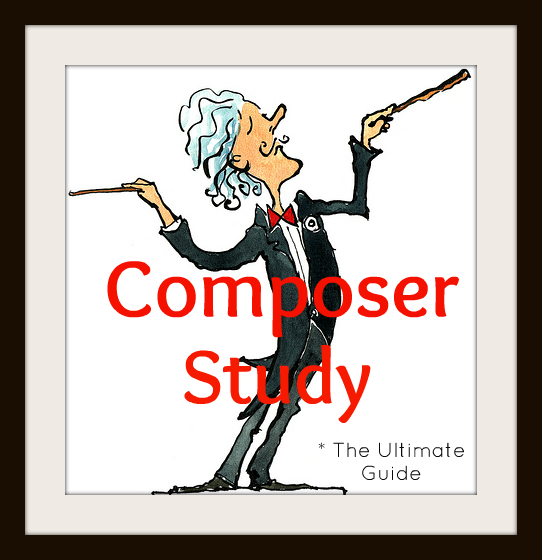

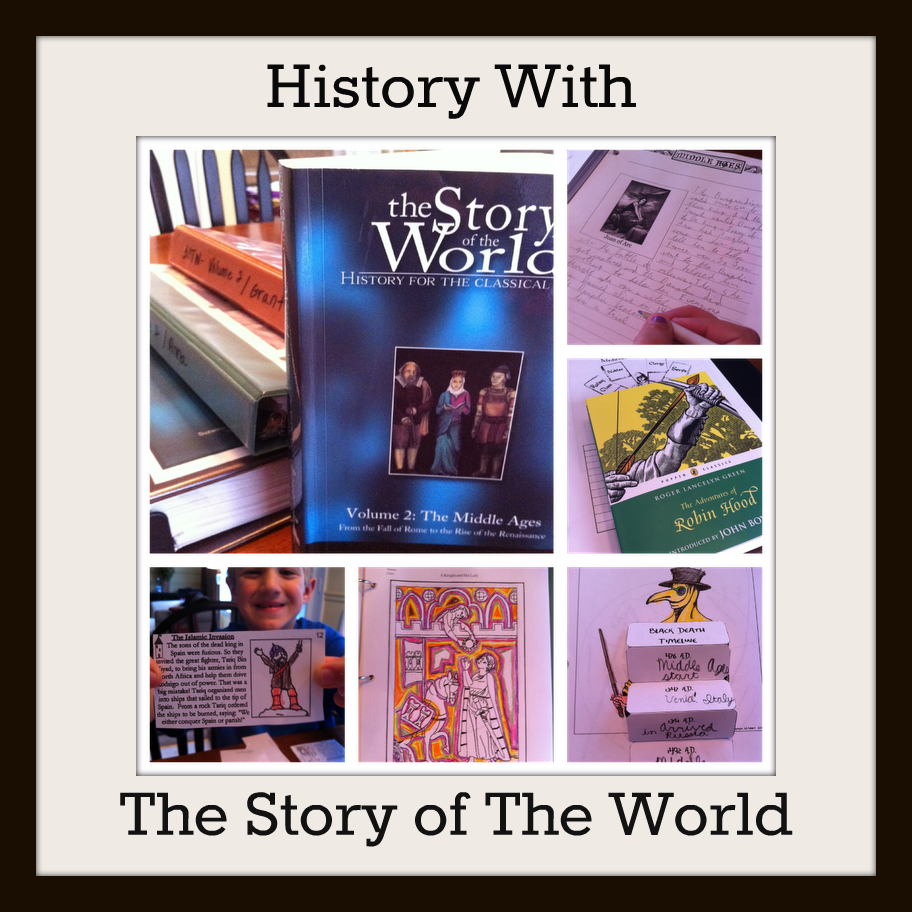
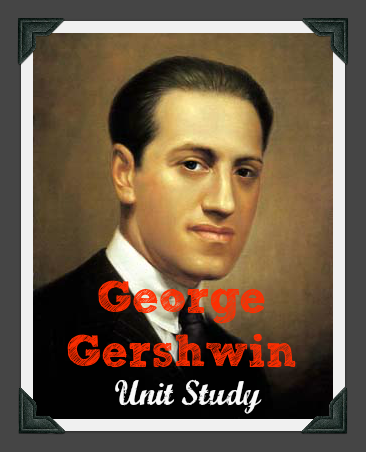


Reader Comments (14)
Wonderful advice!! The video explaining the different approaches is so helpful. Great post to reference each year.
All really wonderful considerations. Math is such a difficult choice. I went through several in my ten years of homeschooling to find one that works for us...both my child and me. I am glad you added 4 and 5 especially. Just basing our decision on the text will fall short. Keeping in mind the objective and what it will take to teach it are so important.
So, our family philosophy is Classical Christian Education. Love that we know where we're heading! Now getting there, that's the journey!
All great points! We are so relieved to have a good fit this year.
Blessings, Dawn
I really like math, but I agree that it's not something you can teach off the cuff (unless, I guess, you are a math whiz yourself!). That's one reason why I LOVE the curriculum we've used from the beginning--it makes me a better teacher! (All curricula should do that in my opinion, by the way!)
Wonderful post, Mary!
I agree on the colorful versus not because I've discovered it's better for my kids to not have colorful at least in math.
Great list! Going on our 8th year homeschooling, I am much more capable of teaching math now, but I don't like it. LOL
I understand math to a certain extent. I always did fairly well in high school, but I wouldn't say I am gifted in that area. I do find it fun though. My daughter hates math! No math can be fun if you go into it with a bad attitude.
We will be trying Math U See this year. We will see how the kids like it.
These are great tips. I'm a year or two away from looking for a math program, but I still appreciate all the great advice I can find. :) Math isn't a strong point and I struggled with it as a homeschool student (my mom changed our curriculum at one point because I wasn't learning long division) so having some tips for choosing a math program is a huge help. :)
Math is not my strong point either! Not by a long shot. It helps that my husband has a much better grasp. We have finally stuck with Math U See for the past couple of years and its been a good fit for us. We are definitely going more and more to the classical approach, I'm excited about the program we are using this year. Look forward to seeing what you guys are doing this year too.
Great ideas! We had a really tough math year this past year as well so I have spend a lot of time this summer trying to figure out new ideas. :)
I come from a different point of view as I love math. That is one thing I am totally confident teaching, at least through algebra anyway, then I will need some review. My dd's both love math as well, already at ages 3 and 4. (since my dh is a math whiz accountant, this makes sense) I do use the workbook from a k curriculum because that way I make sure I don't miss anything. (I decided to get an actual curriculum for my soon to be 5 yo since she went from loving prek math workbook pages to finding them redundant). She is doing a k spiral approach because she already gets most of k math. When she hits a concept she doesn't know or get easily I can spend some time working on mastery. But of course I am comfortable making up my own math lessons once I identify which concept I need to cover.
So, it is fascinating to hear someone else's take on math. Just more emphasis that we as teachers and learners are all unique so we need to do things differently.
Now when it comes to teaching something like music or art, I am at a complete loss. Unless we can spend all our time on things like octaves and symmetry lol. (hence I have bookmarked the music part of your blog ;)
Good points to keep in mind. Thank you!
So ... I realize this comment is a bit late. Missed it by what ... 4 months? But, I was reading your post on the end of the lego class and a link to this was included under the "other posts you might like" category. I saw the title and was intrigued what you have to say.
As a former math teacher, I concur with the "less is more" approach to math. In fact, less is more is a great educational theory period. There is nothing like sitting down and reading a good book. Sure, watching the movie can supplement a good book. Going and visiting the places in the book can reinforce the learning. Investigating online some ideas that the book brings up as a great follow-up. But none of those can ever replace just reading a book.
The same is true for math. Math must be done. It must be practiced. The more cutesy - often the more distracted your learner will be enabled to become. Less really is more in many subjects.
However, all of this aside. If I haven't mentioned it before - if you ever need help getting a math concept through - especially as the kids gets older and older, just ask. I taught math for a number of years and loved it. I tutored math as a means for making money through Seminary. I'd be happy to be a resource if you ever need it.